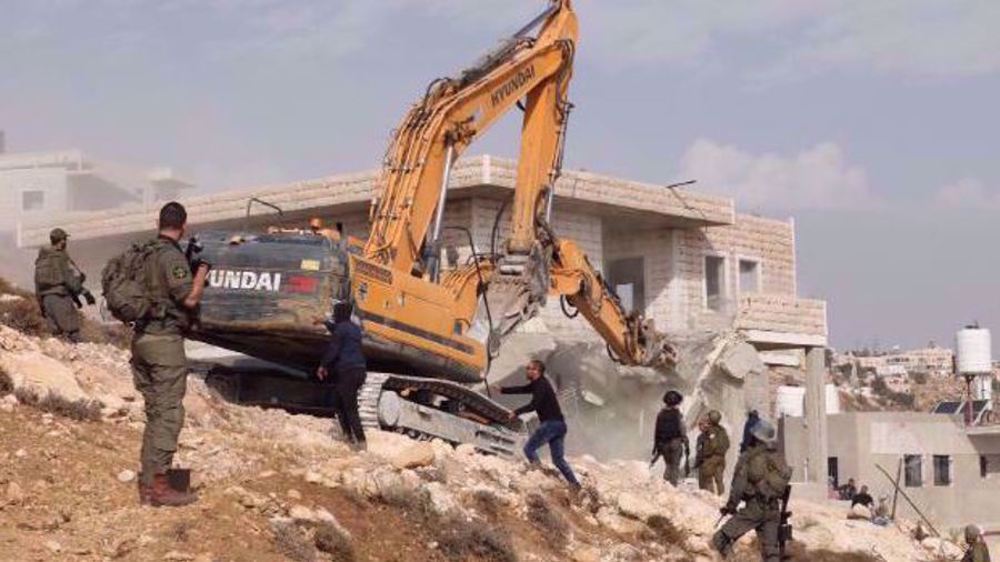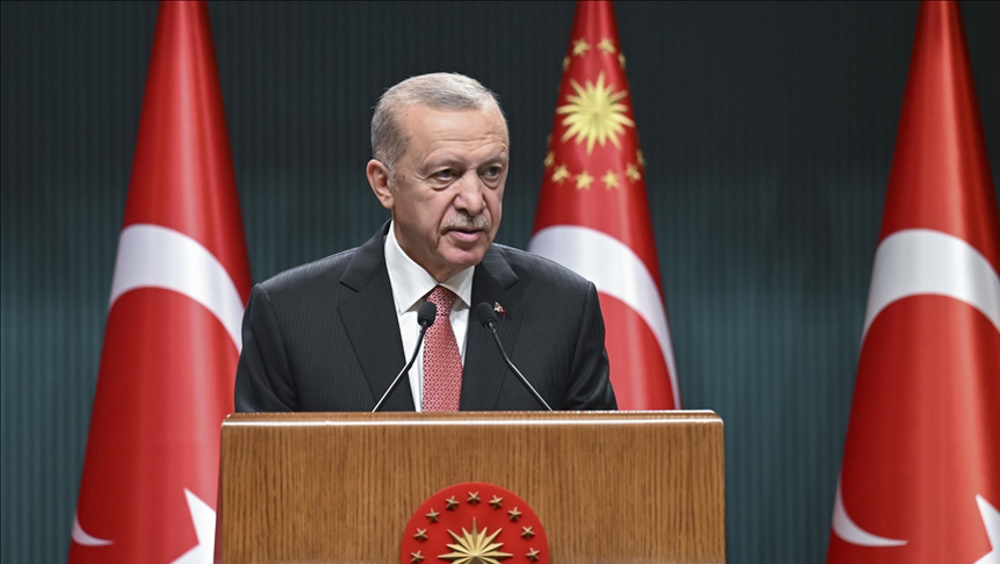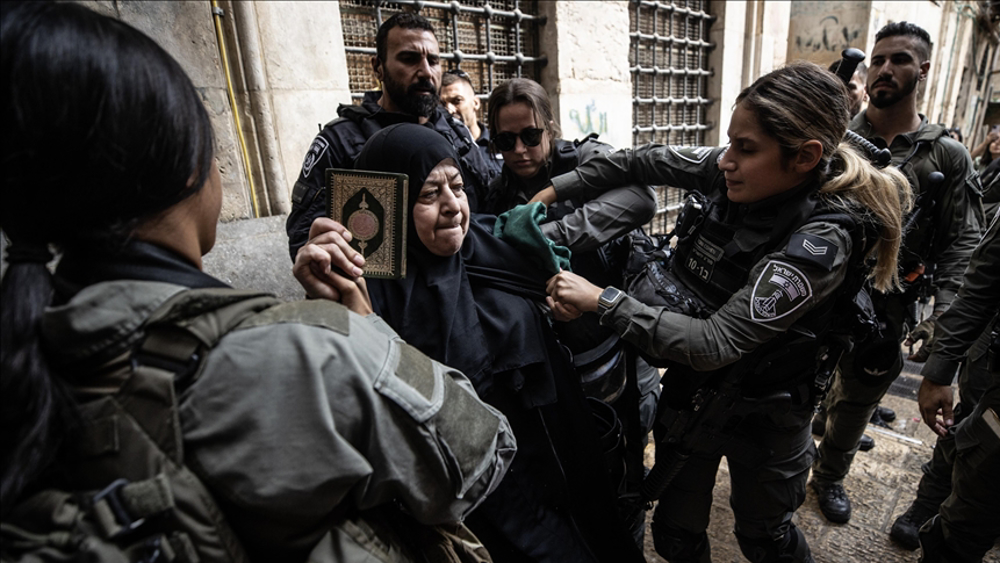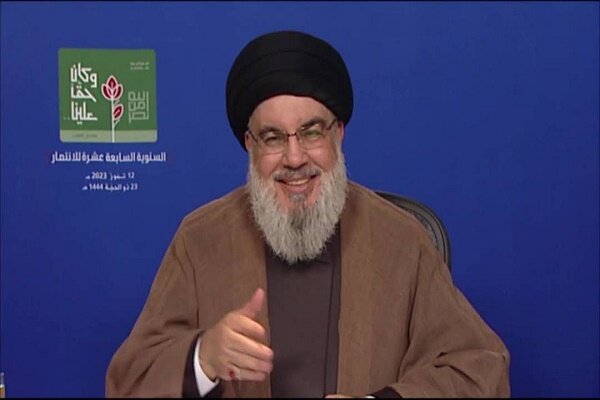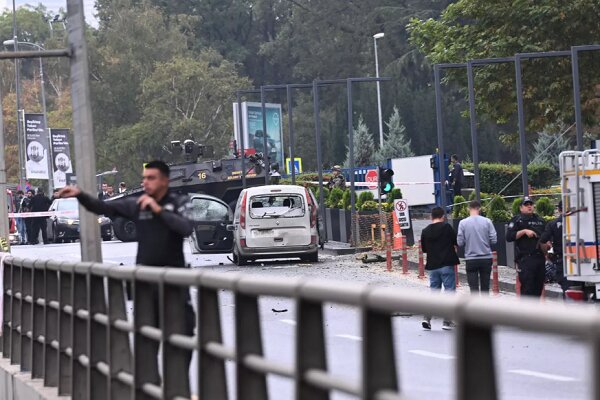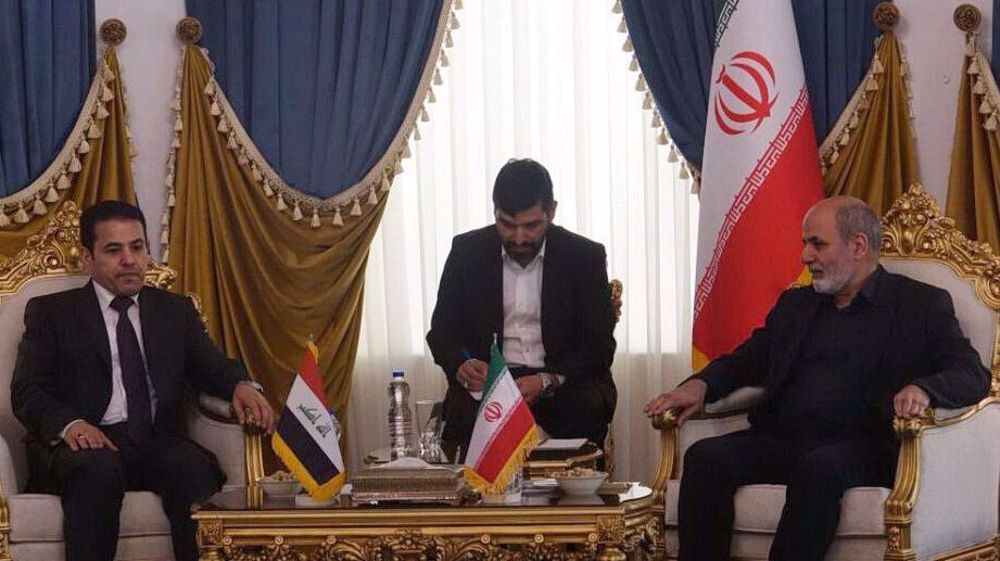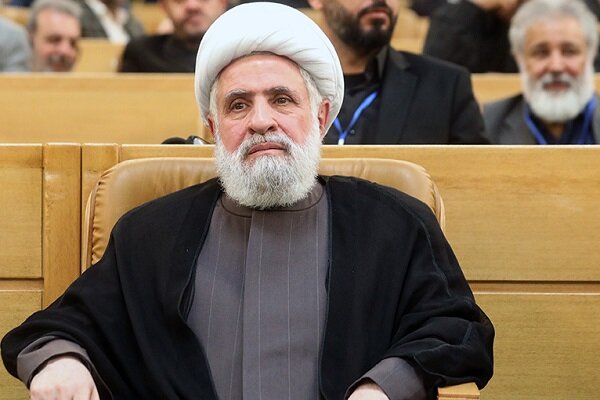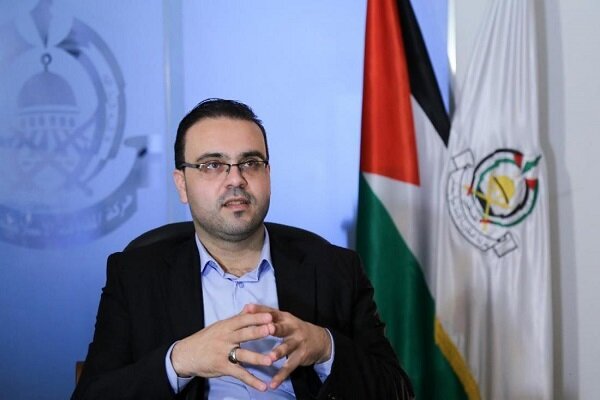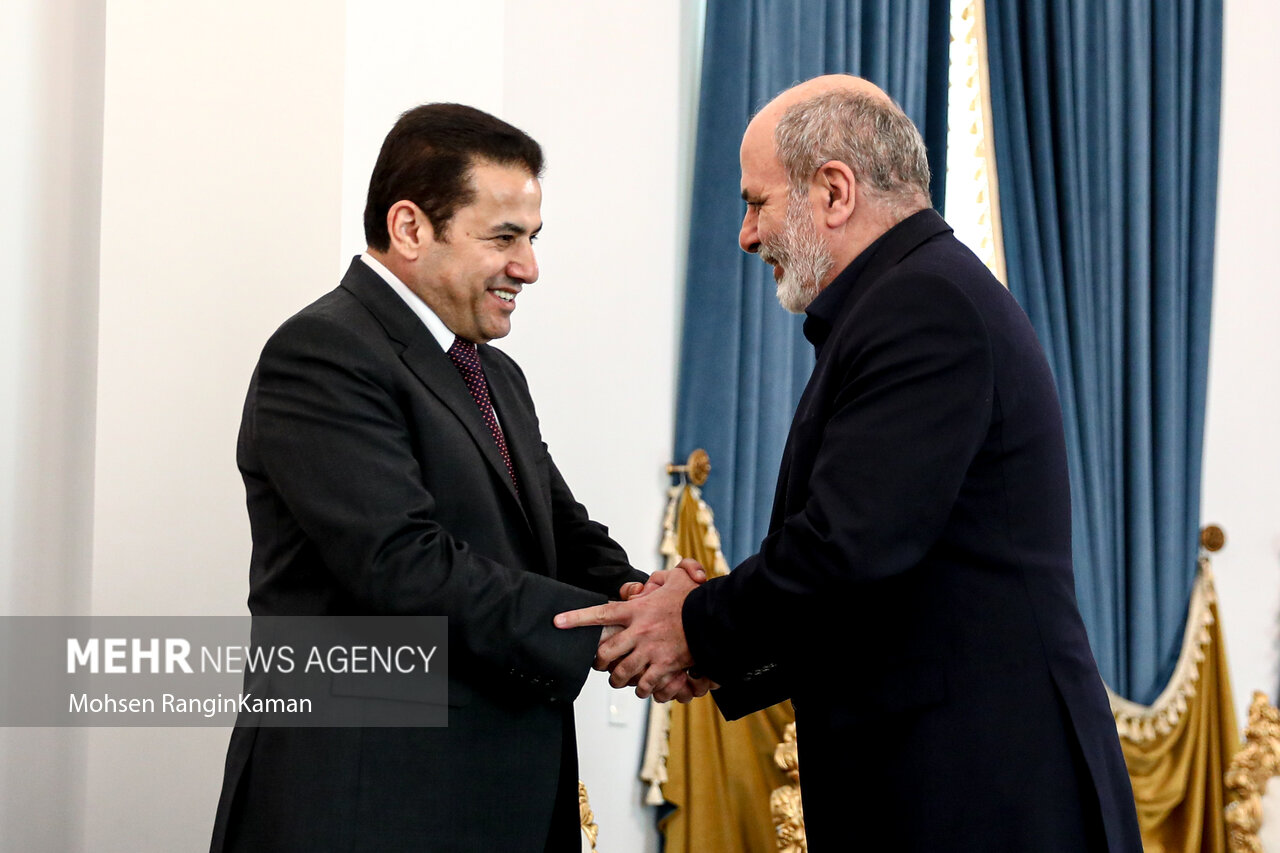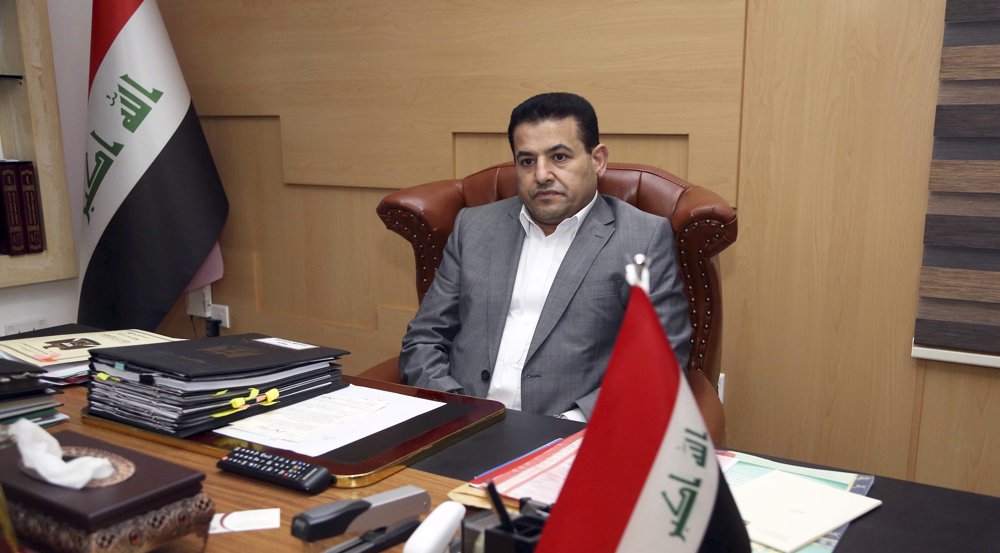Israeli authorities have displaced a Palestinian family after forcing it to demolish their homes in the occupied al-Quds under the pretext of lacking a construction permit, amid ongoing land grab policies by the Tel Aviv regime.
The official Palestinian news agency Wafa, citing local sources, reported that Israeli troops raided the neighborhood of Beit Hanina, north of occupied al-Quds, surrounding two residential apartments owned by Fayza al-Ebeidi, a Palestinian woman, on Sunday.
The sources said that Israeli forces stormed the area where the houses were located and gave the family a few minutes to evacuate and start demolishing it.
Al-Ebeidi family had no choice but to do so in order to avoid paying exorbitant fees to the municipality in the event that its crews carried out the demolition on their own.
Had al-Ebeidi family not demolished the house himself, the sources said, the Israeli municipality would have charged her and family members to have the building pulled down.
Israel routinely demolishes Palestinian houses in the occupied West Bank and East al-Quds, claiming that the structures have been built without permits, which are almost impossible to obtain. They also sometimes order Palestinian owners to demolish their own houses or pay the costs of the demolition.
Some 181 Palestinian structures in occupied al-Quds were demolished in the first half of this year, 40 of which were demolished by their owners following orders from the Tel Aviv regime’s authorities.
Israel has already occupied thousands of dunums of Palestinian agricultural land to construct and expand new illegal settler units in various areas in the West Bank.
The Tel Aviv regime also plans to force out Palestinian families from the Sheikh Jarrah and some other neighborhoods in an attempt to replace them with settlers. That plan sparked days of fighting between Gaza-based Hamas and the Israeli regime in May 2021.
Hamas and other Palestinian resistance groups have warned Israeli regime against forced eviction of Palestinians.
Israel has already occupied thousands of dunums of Palestinian agricultural land to construct and expand new illegal settler units in various areas in the West Bank.
More than 700,000 Israelis live in over 230 settlements built since the 1967 Israeli occupation of the Palestinian territories of the West Bank and al-Quds.
All Israeli settlements are illegal under international law. The United Nations Security Council has condemned Israel’s settlement activities in the occupied territories in several resolutions.
The international community views the Israeli settlements – hundreds of which have been built across the West Bank since Tel Aviv’s occupation of the territory in 1967 – as illegal under international law and the Geneva Conventions due to their construction on the occupied territories.
Over the past months, Israel has also ramped up attacks on Palestinian towns and cities throughout the occupied territories. As a result of these attacks, dozens of Palestinians have lost their lives and many others have been arrested.
Palestinians want the West Bank as part of a future independent state with East Jerusalem al-Quds as its capital.

